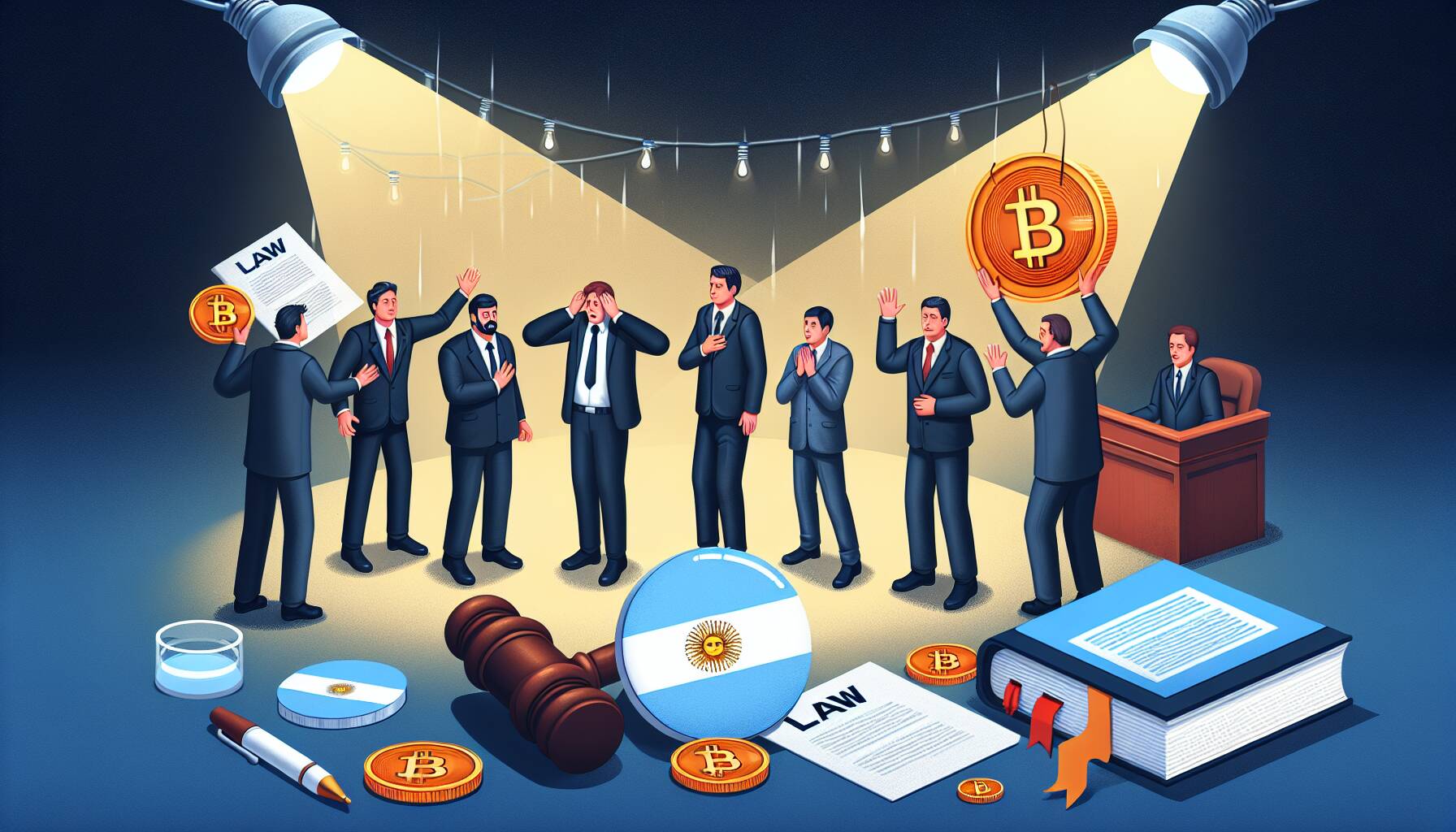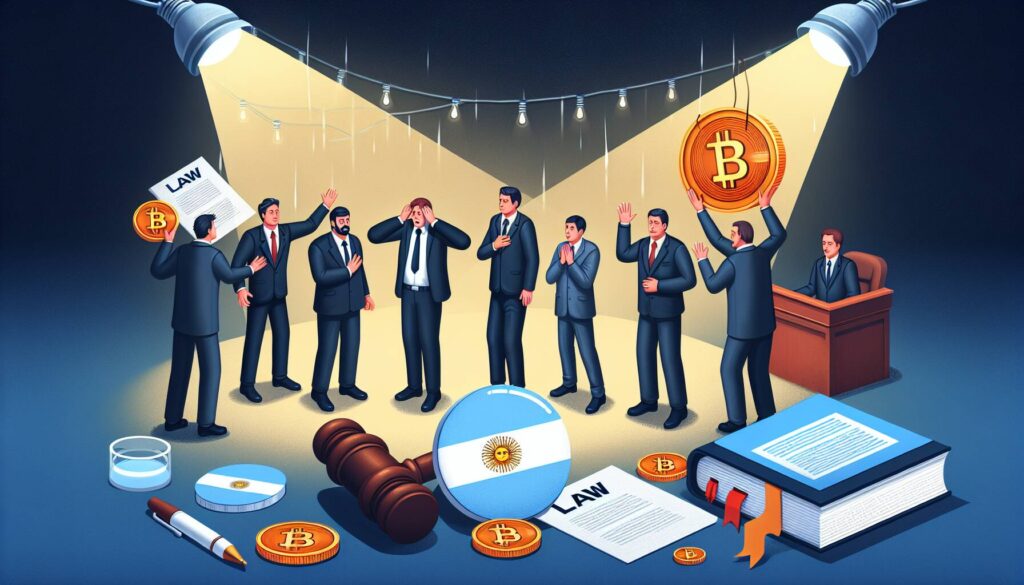In a stunning development from Argentina, attorneys have come forward with serious allegations against President Javier Milei, claiming he engaged in fraudulent activities linked to cryptocurrency promotion. This controversy is poised to shake the political landscape as the president is accused of misleading the public in a bid to boost the appeal of digital currencies.
The accusations, which have garnered significant media attention, suggest that Milei may have misrepresented the benefits and safety of investing in cryptocurrencies, potentially putting many Argentines at financial risk. As the government navigates the complexities of digital currency regulation, these claims could threaten the trust between the administration and its citizens.
“The promotion of cryptocurrency needs to be transparent and responsible,” stated one of the lawyers involved in the case, highlighting the importance of accountability in government communications regarding new financial technologies.
With cryptocurrency continuing to gain traction worldwide, the spotlight is now on Argentina’s leadership and its role in shaping policies that protect consumers while addressing the burgeoning digital currency market. The legal implications of this case will certainly unfold in the coming weeks, capturing the interest of both local and international observers.

Accusations Against President Milei
The ongoing legal issues surrounding President Milei can have significant implications for both his administration and the public’s trust in cryptocurrency. Here are the key points:
- Fraud Allegations: Argentine lawyers have accused President Milei of fraud related to the promotion of cryptocurrencies.
- Impact on Cryptocurrency Trust: The accusations may lead to increased skepticism towards cryptocurrencies among the public and investors in Argentina.
- Political Ramifications: These allegations could challenge President Milei’s political standing and influence future policies related to digital currencies.
- Legal Precedents: The case may set a precedent for how cryptocurrency promotions are regulated in Argentina, affecting future campaigns and commercial activities.
Insight: The outcome of this case could reshape the cryptocurrency landscape and influence public perception, which can affect individual investment decisions and the broader economic climate.
Legal Turmoil in Argentina: Cryptocurrencies Under Scrutiny
The recent accusations leveled against Argentine President Javier Milei by a group of lawyers highlight a rising wave of skepticism regarding the promotion of cryptocurrency in the country. This situation is not only a legal challenge for the Milei administration but also a reflection of the broader comprehensive debates surrounding cryptocurrency regulation globally.
In comparison to similar events in other regions, this case stands out due to the political implications it may have. For instance, when high-profile figures in the United States faced similar accusations concerning cryptocurrency, those events often led to increased litigation and regulatory frameworks being proposed. Conversely, in Argentina, this situation appears poised to raise questions about the ethical dimensions of political endorsements for cryptocurrencies, an aspect that is often overshadowed in other jurisdictions.
A notable advantage for the legal opponents of President Milei’s cryptocurrency initiatives is the growing sentiment against perceived fraud in the digital currency space. With many consumers cautious and well-informed after witnessing significant cryptocurrency failures—such as the collapse of various exchanges—these lawyers may rally public support. This sentiment could serve as a potent legal lever in building their case against the president.
On the flip side, President Milei’s approach to promoting cryptocurrency may attract tech-savvy investors who see Argentina as a burgeoning market for blockchain technology. His administration could argue that their policies favor innovation and economic growth despite the legal challenges. For potential investors, this controversy may present opportunities to capitalize on a volatile yet promising market—if they believe in the long-term viability of Milei’s vision.
However, these developments could pose significant challenges for the Milei administration as public trust appears fragile. If not handled with transparency and careful communication, the administration’s efforts to boost cryptocurrency could backfire, leading to increased scrutiny from both domestic and international stakeholders.
Ultimately, the outcome of this legal situation has the potential to impact a wide range of parties—from local businesses looking to adopt cryptocurrency solutions to international investors weighing the risks of entering the Argentine market. As the story unfolds, it will be crucial for all involved to navigate the complex terrain of legal, political, and economic factors that interweave in the world of digital currencies.

















